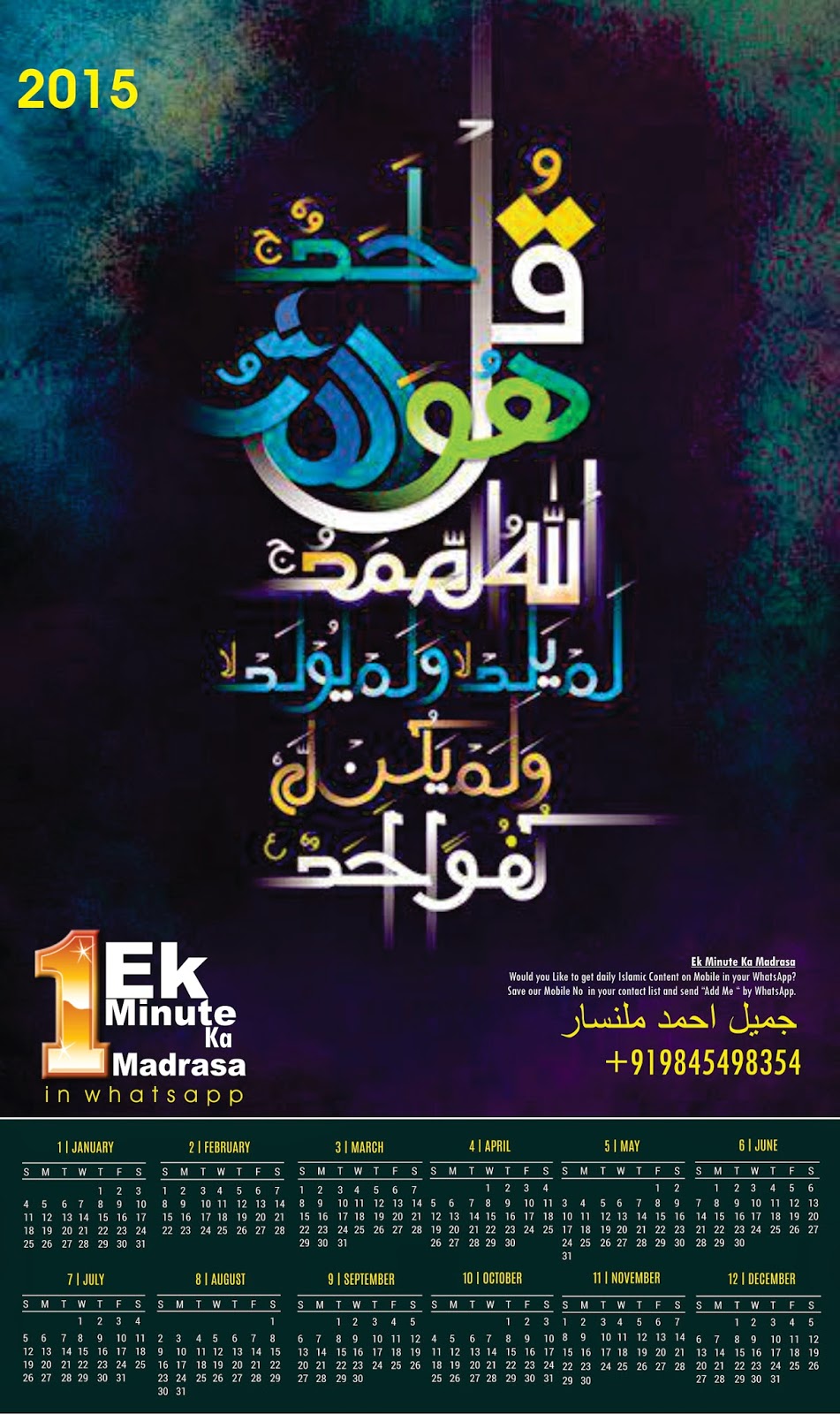U.S. President Barack Obama’s statement on the need to uphold religious freedom has far-reaching implications The BJP government’s programmes such as ‘Make in India’, ‘Smart Cities’ and ‘Clean India’ can succeed only with the participation of Indian as well as foreign investors. Mr. Obama’s pertinent advice could not have come at a more appropriate time. With right-wing elements bent on dividing the country in the name of religion, and other telltale signs of an agenda that cannot be dismissed as mere oversight, the BJP government needs to come clean on this issue.
The speech should be seen as a slap in the face of the government, which is trying to introduce an element of religion into almost every field using even the slightest opportunity. Right-wing groups are clearly attempting to incite communal hatred in the country. Mr. Obama’s words of caution show that the world is watching.In his final speech in India, Mr. Obama effectively punctured the euphoria of Prime Minister Narendra Modi over the visit. It is also a passive reminder to Mr. Modi that religious intolerance was the reason why he was denied a visa. The U.S. President has done well in exposing to the world the sectarian attitude and philosophy of the BJP and the right wing.
http://www.thehindu.com/news/national/uphold-religious-freedom-obama-urges-india/article6827377.eceकुछ चिट्ठियाँ बूंदों की , तुमने लिखी है ...
हवा का वो झोंका कल रात दे गया मुझे....

बहुत पुरानी कहावत है,
.
.
.
.
.
.
.
.
.
.
.
.
अब याद नहीं आ रही।

बहुत पुरानी कहावत है,
.
.
.
.
.
.
.
.
.
.
.
.
अब याद नहीं आ रही।





